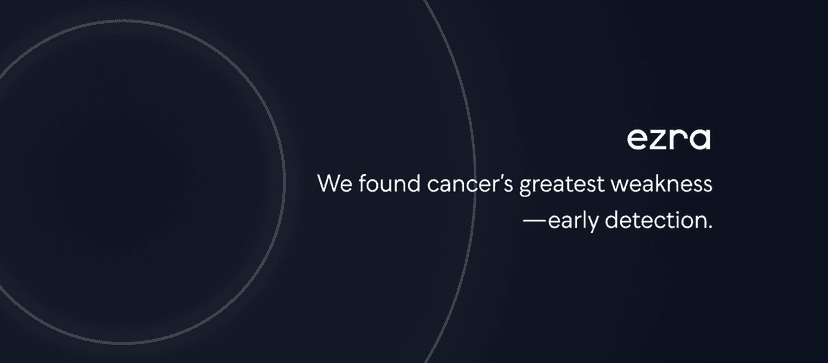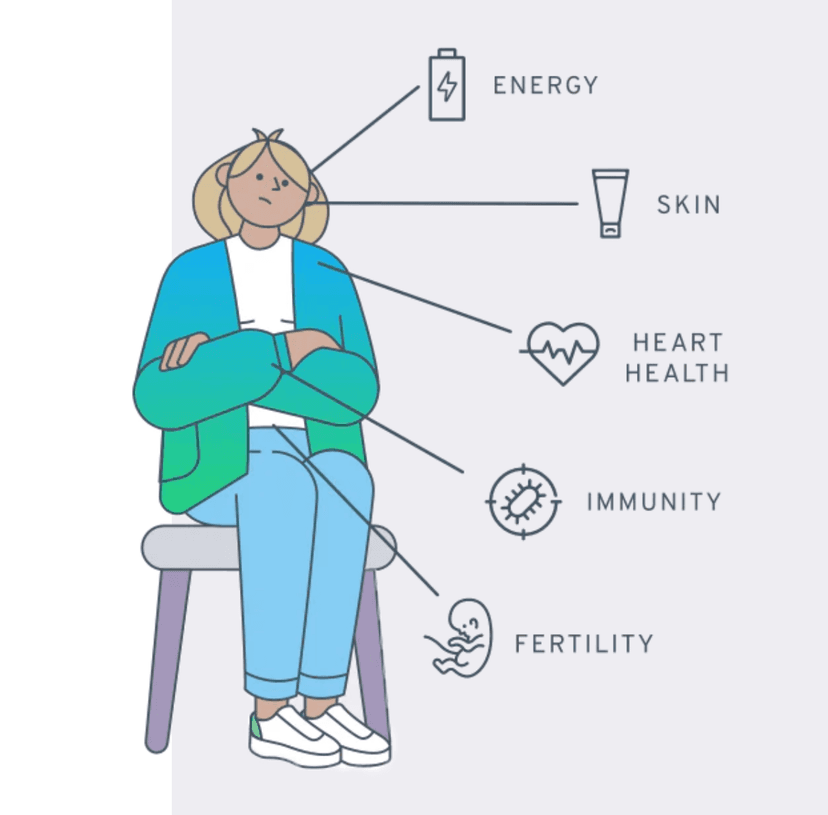Preventive medicine is all about stopping health problems before they start. By getting regular screening tests, people can catch diseases early when they are easier to treat. This not only saves lives but also reduces the need for expensive treatments and hospital stays. Knowing which screenings to get and when to get them can make a big difference in your overall health.
Key Takeaways
- Preventive screenings are crucial for early detection and treatment of diseases.
- There are specific screenings recommended for men and women, such as mammograms for women and prostate exams for men.
- Age plays a significant role in determining which screenings you need; younger adults have different needs than seniors.
- Certain risk factors, like genetics and lifestyle, may require additional specialized screenings.
- Regular screenings can lead to better health outcomes and a longer life.
Understanding Preventive Medicine
Definition and Importance
Preventive medicine focuses on keeping people healthy and preventing diseases before they occur. It aims to catch health issues early, making them easier to treat. This approach not only saves lives but also reduces healthcare costs.
Goals and Benefits
The main goals of preventive medicine are to prolong life, improve quality of life, and reduce the burden of diseases. Benefits include:
- Early detection of diseases
- Lower healthcare costs
- Improved overall health
Common Misconceptions
Many people think preventive medicine is only about vaccines and screenings. However, it also includes lifestyle changes like eating healthy, exercising, and avoiding harmful habits. Another misconception is that it's only for older adults, but preventive care is important for all ages.
Essential Screenings for Adults
Blood Pressure Checks
Regular blood pressure checks are crucial for detecting hypertension early. High blood pressure often has no symptoms, making it a silent threat. Early detection can help manage and prevent complications like heart disease and stroke.
Cholesterol Measurements
Cholesterol levels should be checked regularly to monitor heart health. High cholesterol can lead to plaque buildup in arteries, increasing the risk of heart attack and stroke. Routine tests help in managing and reducing these risks through diet, exercise, or medication.
Diabetes Screening
Screening for diabetes is essential, especially for those with risk factors like obesity or a family history of diabetes. Early detection allows for better management through lifestyle changes and medication, preventing severe complications such as nerve damage and heart disease.
Regular screenings allow doctors to track changes over time, making it easier to catch potential issues early and intervene with treatments or lifestyle adjustments.
Cancer Screenings: Early Detection Saves Lives
Breast Cancer Screening
Breast cancer screening is crucial for early detection. Mammograms have reduced breast cancer deaths by nearly 40% in the U.S. since 1990. Women aged 40 and above should have regular mammograms. Early detection can lead to more effective treatment and better outcomes.
Colorectal Cancer Screening
Colorectal cancer screening helps find precancerous polyps so they can be removed before turning into cancer. A colonoscopy reduces the risk of dying from colon cancer by 53%. Everyone aged 45 and older should consider regular screenings.
Prostate Cancer Screening
Prostate cancer screening involves a blood test called a PSA test. Men aged 50 and above should discuss the benefits and risks of this screening with their doctor. Early detection can help manage and treat prostate cancer more effectively.
Regular cancer screenings are a key part of preventive health care. They can save lives by catching cancer early when it is most treatable.
Gender-Specific Screenings
Women have unique health needs that require specific screenings. Regular mammograms are crucial for early detection of breast cancer, typically starting at age 40. Pap smears, starting at age 21, help detect cervical cancer early. Bone density tests are recommended for women 65 and older to check for osteoporosis.
Men also have specific health screenings that are important. Prostate-specific antigen (PSA) tests help detect prostate cancer early and are usually recommended starting at age 50. Testicular exams are important for younger men to catch testicular cancer early. Men should also consider regular cholesterol and blood pressure checks.
Reproductive health is vital for both men and women. Women may need screenings for sexually transmitted infections (STIs) and human papillomavirus (HPV). Men should also consider STI screenings. Both genders should discuss their reproductive health with their healthcare provider to determine the necessary tests.
It's essential to talk to your doctor about which screenings are right for you based on your age, gender, and health history.
Age-Appropriate Screenings
Screenings in Your 20s and 30s
In your 20s and 30s, it's important to start building a foundation for good health. Regular screenings can help catch potential issues early. Routine checks include blood pressure, cholesterol, and body mass index (BMI). Additionally, self-exams for skin and testicular cancer for men, and breast self-exams for women, are recommended monthly.
Screenings in Your 40s and 50s
As you enter your 40s and 50s, the risk for certain conditions increases. Regular screenings should now include diabetes tests, eye exams, and cardiovascular evaluations. Women should consider mammograms, while men might need prostate exams. Keeping up with these tests can help detect issues early when they are most treatable.
Screenings for Seniors
For those 60 and older, maintaining health through regular screenings is crucial. Seniors should have annual physical exams, bone density tests, and screenings for colorectal cancer. Staying on top of these tests can significantly improve quality of life and longevity.
Remember, these recommendations are general guidelines. Always consult with your healthcare provider to determine the best screening schedule for your individual needs.
Specialized Screenings Based on Risk Factors
Genetic Testing
Genetic testing can help identify if you are at risk for certain inherited conditions. Knowing your genetic makeup can guide personalized preventive measures. This type of screening is especially important if you have a family history of genetic disorders.
Lifestyle-Related Screenings
Your lifestyle choices, such as diet, exercise, and smoking, can impact your health. Screenings tailored to these factors can help catch issues early. For example, smokers over 55 may need a low-dose CT scan to check for lung cancer.
Occupational Health Screenings
Certain jobs expose you to health risks that require specialized screenings. For instance, if you work with hazardous materials, regular health checks can help detect any early signs of related illnesses.
It's crucial to discuss your specific risk factors with your healthcare provider to determine which screenings are right for you.
Consider these screenings as part of a proactive approach to maintaining your health. Always consult your healthcare provider for personalized advice.
How to Prepare for Your Screening Tests
Scheduling and Frequency
It's important to know when and how often to get screened. Talk to your doctor to create a schedule that fits your health needs. Some tests are annual, while others might be every few years. Here's a quick guide:
| Test Type | Frequency |
|---|---|
| Blood Pressure Check | Every 1-2 years |
| Cholesterol Measurement | Every 4-6 years |
| Diabetes Screening | Every 3 years |
What to Expect During the Test
Knowing what happens during a screening can ease your mind. Most tests are quick and painless. For example, a blood test might just involve a small needle prick. Always ask your healthcare provider if you have any concerns.
Interpreting Your Results
After your test, you'll get results that tell you about your health. Your doctor will explain what the numbers mean and what steps to take next. If something is out of the normal range, don't panic. Many conditions can be managed with lifestyle changes or medication.
Remember, the goal of screening tests is to catch potential health issues early, so you can stay healthy and active.
Conclusion
Preventive screenings are a key part of staying healthy. They help find problems early when they are easier to treat. Regular check-ups and talking to your doctor about which tests you need can make a big difference. Remember, some tests are important for everyone, while others are specific to men or women. By staying on top of your health with these screenings, you can catch issues before they become serious. Make sure to ask your healthcare provider about the right screenings for you.
Frequently Asked Questions
Why are preventive screenings important?
Preventive screenings can catch diseases early, often before symptoms appear. This early detection can lead to easier and more effective treatments, potentially saving lives.
How often should I get screened?
The frequency of screenings depends on your age, gender, and health history. It's best to consult your doctor to create a personalized screening schedule.
What are some common preventive screenings?
Common screenings include blood pressure checks, cholesterol measurements, diabetes tests, and various cancer screenings like mammograms and colonoscopies.
Do I need different screenings as I get older?
Yes, as you age, the types and frequency of recommended screenings can change. Your doctor can guide you on age-appropriate tests.
Are there screenings specific to men and women?
Yes, some screenings are gender-specific. For example, women may need mammograms and pap smears, while men might need prostate exams.
How should I prepare for a screening test?
Preparation varies by test. Some may require fasting, while others might need special instructions. Always check with your healthcare provider for specific guidelines.


























